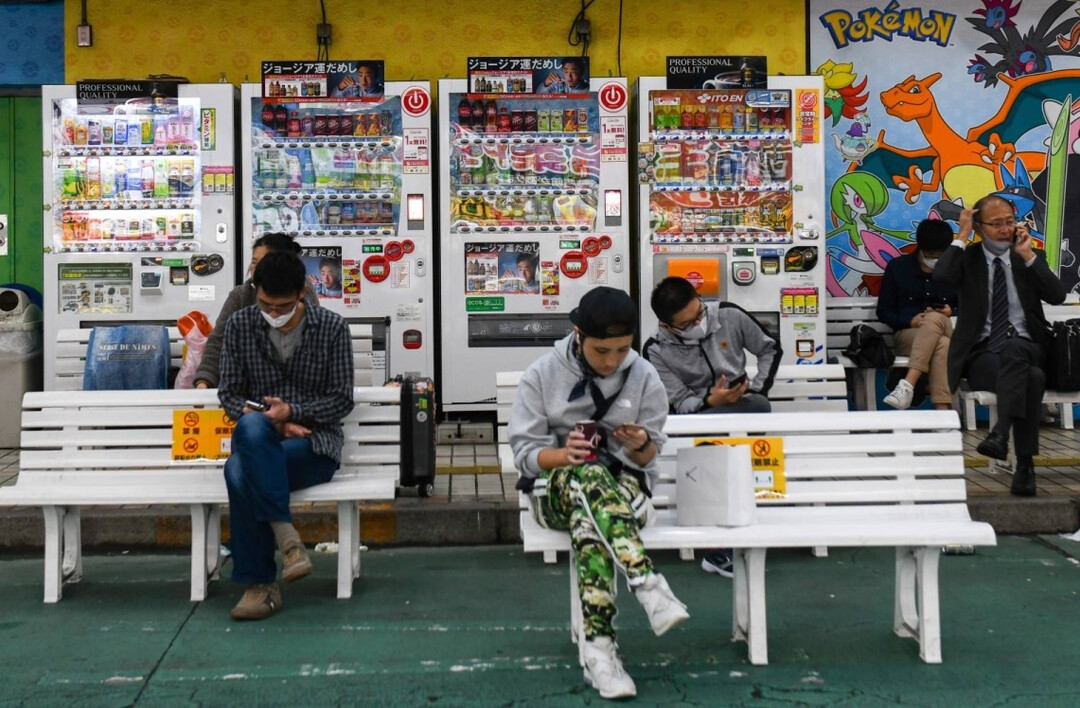
TOKYO – A proposal by Toyoake City in Japan to recommend a two-hour daily smartphone limit for all residents outside of work or school has ignited a heated online debate. The draft ordinance, which is not legally binding and carries no penalties, is set to be considered next week and, if passed, would take effect in October.
The city’s mayor, Masafumi Koki, said the initiative aims to address a growing concern about the physical and mental health issues associated with excessive screen time, including sleep problems. The proposal also suggests specific curfews, advising elementary school students to avoid smartphone use after 9 p.m. and older students after 10 p.m.
However, the non-binding nature of the ordinance has not stopped a wave of public criticism, with many people taking to social media to voice their opposition. A common refrain is that the proposed two-hour limit is “impossible” to adhere to in modern daily life.
"I understand their intention, but the two-hour limit is impossible," one X user wrote. Another commenter highlighted the impracticality, stating, "In two hours, I cannot even read a book or watch a movie [on my smartphone]." Others argued that the decision on smartphone usage should be a private matter for families to determine, not a public recommendation from the government.
The strong backlash prompted Mayor Koki to issue a clarification, reiterating that the guidelines are not mandatory. He emphasized that the city acknowledges smartphones are "useful and indispensable in daily life."
This isn’t the first time a Japanese locality has attempted to regulate screen time. In 2020, the Kagawa region passed a similar ordinance recommending daily gaming limits for children, suggesting one hour on weekdays and 90 minutes during school holidays. It also included curfews for smartphone use, recommending that children aged 12 to 15 stop by 9 p.m. and those between 15 and 18 by 10 p.m.
The debate in Toyoake reflects a broader societal challenge. A survey published in March by Japan’s Children and Families Agency revealed that Japanese youth spend an average of just over five hours a day online on weekdays. While the proposed ordinance is only a recommendation, it underscores a growing conversation in Japan and worldwide about the balance between the benefits of technology and the potential for addiction and negative health outcomes.
As the Toyoake City Council prepares to vote, the discussion continues, pitting the government's desire to promote public well-being against the public's perception of personal freedom and the realities of a digitally connected world. The outcome will be a key indicator of how local authorities navigate the complexities of regulating digital behavior in the 21st century.
[Copyright (c) Global Economic Times. All Rights Reserved.]




























